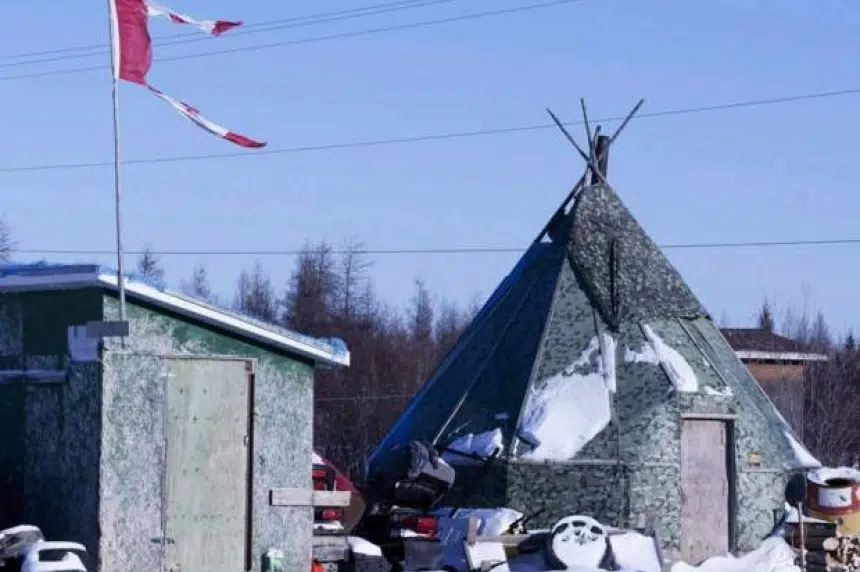As the country reacts to a suicide crisis in the community of Attawapiskat, people who work in Saskatchewan’s north say the same problems are rampant here.
Ken Ladouceur is the director of education with the Northern Lights School Division. Along with several other northern communities, the division serves La Loche — where students and teachers are still working to heal in the wake of a school shooting in January.
He said he’s seen a lot of positives in those efforts. The board is getting close to hiring four social workers for the La Loche schools, which will mean they can stop pulling workers in from elsewhere to fill the spots.
But Ladouceur said the problems faced by communities right across the north won’t only be addressed by new hires.
“We need so much more to truly help our young people and so much change needs to happen. Not just in the communities but in the hearts and minds of people right across the country,” he said.
Dr. Veronica McKinney is the director of Northern Medical Services, an agency with the University of Saskatchewan’s College of Medicine that provides healthcare workers for the three health regions in the north.
She said there is a chronic shortage of mental health professionals, particularly those specializing in working with children. In La Loche, she said that until recently there was one mental healthcare worker for the area — which includes some 1400 children. She said they’ve now found a second one, but the demand for their services are still staggering.
McKinney said the remote locations present their own recruitment challenges, but there are also more complex facets to the problem.
Even where services are available, McKinney said there can be barriers to people getting help, including the overlapping jurisdictions of the federal and provincial governments.
“So there’s a variety of systems and it’s hard to know and it’s hard to navigate. Certainly hard even as a practicioner, but I’m sure it’s much more complicated as a community member or a client,” she said.
McKinney said burnout is also an issue for health professionals in the north, where suicide rates are often several times the national average.
“Even as an outsider, it’s hard not to feel affected by that. You yourself are traumatized. It’s awful to see someone cut down who’s tried to hang themselves,” she said.
McKinney said Northern Health Services has a number of initiatives trying to address mental health needs in Northern Saskatchewan.
She said they’ve found a psychiatrist to fly in to La Loche once a month, and they are developing tools to help people connect with mental health services remotely.
Ultimately, McKinney said root causes like poor housing, poverty, and a lack of access to good nutrition need to be addressed as part of curbing the high levels of depression, anxiety and post-traumatic stress disorder found in northern communities.







